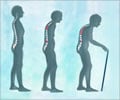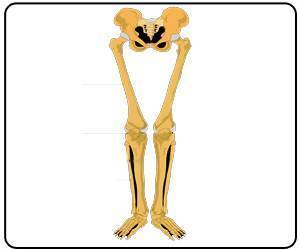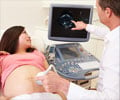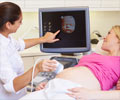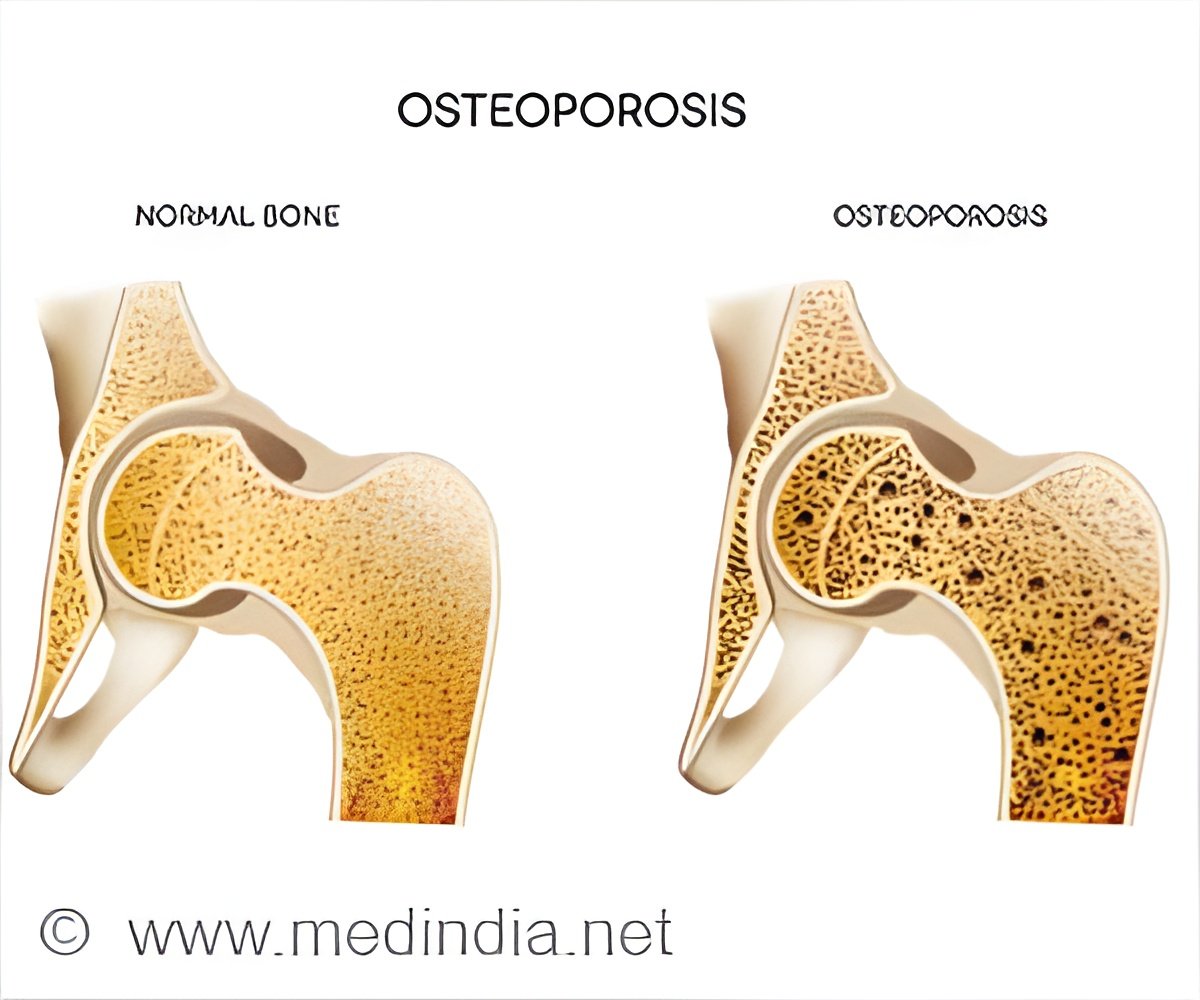
‘A healthy, balanced diet contributes significantly to bone health. Also weight-bearing exercises not only build muscle, which protects bone, but also strengthens the bone itself.’
Tweet it Now
"Prior research has demonstrated strong correlations between education level and socioeconomic status and bone quality," says coauthor Andrea Nazar, DO, a family physician and professor of clinical science at West Virginia School of Osteopathic Medicine. "Because of its low-cost, mobility and safety, ultrasound is a promising tool for assessing more people, across multiple demographics." Researchers say DXA scans remain the best option for thorough, comprehensive information on a patient's bone health. However, the equipment is expensive, immobile and exposes patients to ionizing radiation. Those limitations create barriers to screening larger populations.
"Using ultrasound to scan the heel won't give us all the information we could gather with a full DXA scan," says Carolyn Komar, PhD, associate professor of biomedical sciences at West Virginia School of Osteopathic Medicine and coauthor on this study. "However, it gives us a clear enough snapshot to know whether we should be concerned for the patient."
Bone mineral density (BMD) is the quality measured to determine bone health. Nutrition, lifestyle, environment, physical activity and genetics all contribute to BMD. Peak BMD is established by mid- to late-20s.
BMD decreases naturally with age, which means people who do not establish sufficiently strong bones as young adults are at increased risk for diseases like osteoporosis later in life.
Advertisement
Source-Eurekalert



